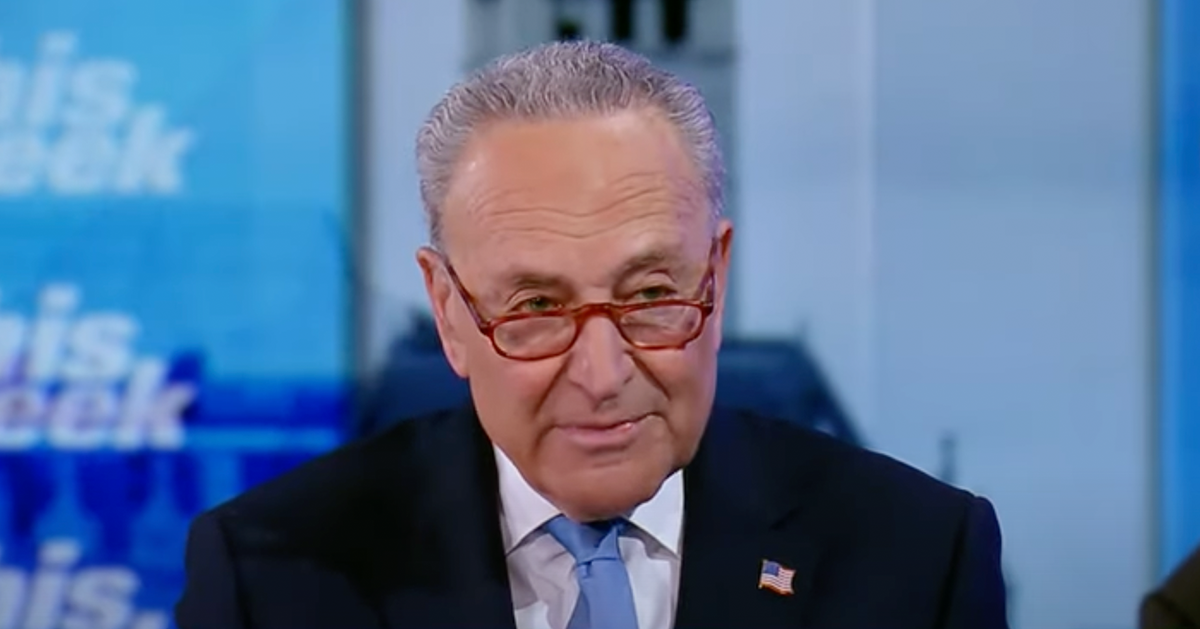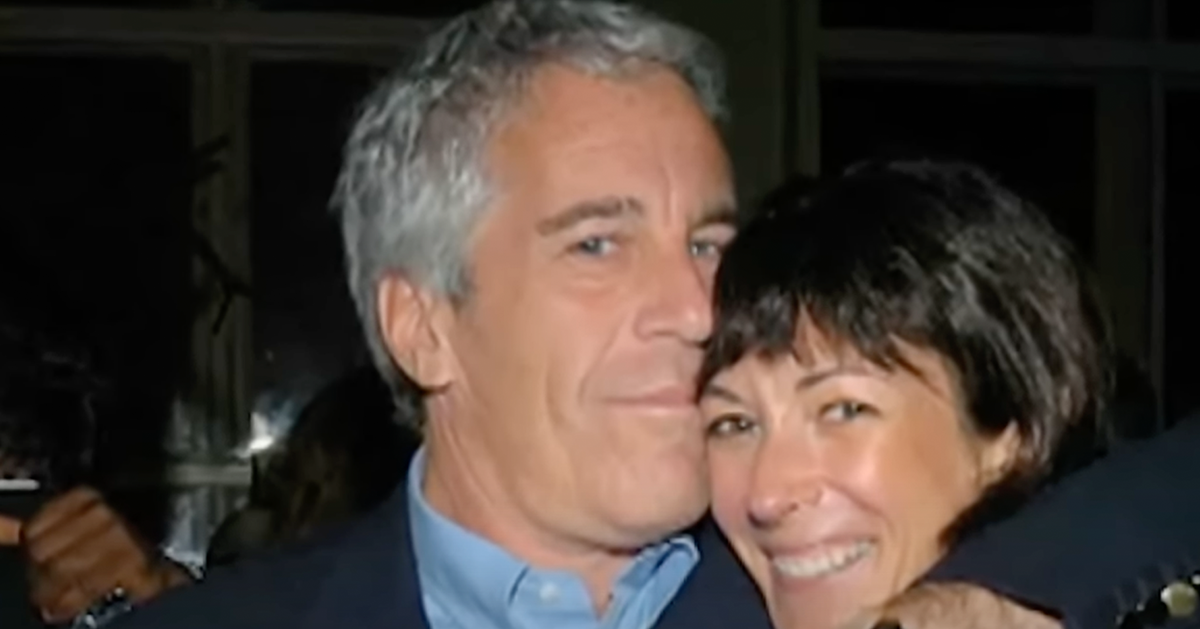Gorsuch Warns Against Biden's Supreme Court Reform Proposals
Supreme Court Justice Neil Gorsuch delivered a stern message regarding President Biden's Supreme Court proposals, emphasizing caution amid ongoing political discourse.
Gorsuch stressed the significance of maintaining an independent judiciary, particularly in the face of Biden's and Vice President Kamala Harris’s recent advocacy for significant reforms to the high court, as Fox News reports.
Biden's Reform Proposals Highlighted
In late July, a White House official outlined various proposals from Biden and Harris aimed at reforming the Supreme Court. These reforms included imposing term limits and a code of conduct on the justices, as well as restricting presidential immunity.
Responding to these proposals, Gorsuch underscored the critical role of an independent judiciary, stressing its importance for all Americans, especially those who might be unpopular or targeted by the government. "It's there for the moments when the spotlight's on you, when the government's coming after you," Gorsuch explained.
Concerns About Judicial Independence
Emphasizing the notion of judicial independence, Gorsuch noted that Americans deserve unbiased judges and juries during contentious disputes. He further advised caution, saying, "And don't you want a ferociously independent judge and a jury of your peers to make those decisions? Isn't that your right as an American? And so I just say, be careful."
Beyond the reforms, Gorsuch raised another critical issue: the sheer number of laws currently in place in the United States. He argued that this overabundance complicates life for ordinary citizens, leading to unintended violations.
Excessive Laws and Their Impact on Citizens
Drawing from his nearly two decades of judicial experience, Gorsuch reflected on how ordinary Americans, trying to live peacefully, often find themselves ensnared by unexpected legal troubles.
"As a judge now for 18 years, I just came to see case after case in which ordinary Americans just trying to live their lives, not hurt anybody, raise their families, were just getting whacked by laws unexpectedly," Gorsuch stated.
Supporting his point, Gorsuch referenced the complex U.S. tax code as an example. He cited instances in which the IRS hotline provided incorrect information one-third of the time due to its intricate regulations.
The Role of the Constitution
During his discussion, Gorsuch underlined the importance of the Constitution as a guiding document in resolving conflicts between government branches.
In his view, the Constitution remains fundamental in ensuring balance and fairness in governance. Gorsuch noted, "The answer is the Constitution."
He further invoked the sentiments of retired Justice Stephen Breyer, emphasizing finding common ground in discussions, even amidst disagreements.
Trust and Solutions Beyond Government
Additionally, Gorsuch highlighted the necessity for Americans to foster mutual trust. He argued that not all solutions should be government-driven, pointing towards communal trust as an essential aspect of societal harmony.
In the same vein, he quoted Justice Breyer: "My good friend [retired Justice] Stephen Breyer says, ‘If I listen to almost anyone talk for long enough, I’m gonna find something they say that we can agree on.' Maybe we should start there."
Reflections on Judicial and Legislative Overlap
Gorsuch’s reflections on the overlapping domains of judiciary and legislature underscore a broader commentary on modern governance and its complexities. He acknowledged the practical challenges posed by the extensive body of laws and regulations.
The justice's emphasis on the importance of the independence of the judiciary resonates strongly in the backdrop of Biden's proposals, highlighting a pivotal debate in contemporary American politics.
Gorsuch's remarks serve as a reminder and a warning of the potential long-term ramifications of sweeping legal reforms. His call for prudence, based on his extensive experience, adds a significant dimension to the ongoing dialogue about the future of the Supreme Court.
As the debate continues, it remains to be seen how these proposals will progress through Congress and what impact they might have on the judiciary's structure and independence.
In conclusion, Justice Gorsuch's statements bring forth critical concerns regarding judicial independence, the complexity of U.S. laws, and the role of the Constitution. His call for cautious deliberation and mutual trust resonates in the ongoing discussions about Supreme Court reforms and broader legal complexities faced by ordinary Americans.






